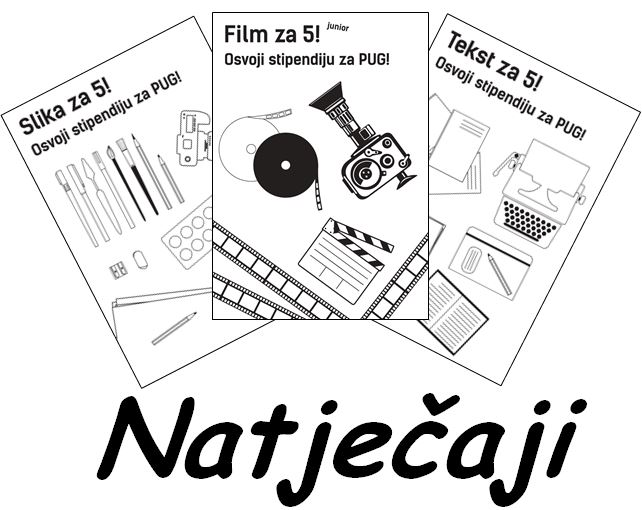For thousands of years we’ve been trying to advance our technology, inventing numerous things which, just a decade before their invention, would’ve been completely unimaginable; planes0, modern medicine, spaceflight, radio-communication, etc. And while we’ve been pretty successful with that, we haven’t really been paying attention to our environment, every time we invent something new, it requires more and more materials, and even if it requires something common like refined oil, or even good ol’ iron, we still only have a limited amount of it. And that wouldn’t be a problem if we actually knew what we were doing. As it stands we keep wasting our materials, since we need to research every possible idea, then try it out and even with all the advanced simulations we’ve got it still takes a lot of time and money, and even if we find a good idea, there might be an even better one that we just missed. However, there is a solution.
We might be inefficient and slow, but artificial intelligences (AIs) are different. They learn fast, they think faster than us, they are more efficient, they’re almost perfect. But we still have to make those AIs, and, as said before, we’re extremely slow. However I’ve made a revelation. With the right code, you can make a self improving AI, cutting costs and time immensely. The first one made was for the motor industry, specifically for electric cars. And in 26 hours it has done more than we’ve done in 10 years. It has helped reduce the production cost of the parts of the e-car while also providing better batteries, thus making it more affordable throughout the world, helping a lot with pollution.
While the AI is extremely useful, it’s difficult to make, and considering how many things we need to worry about (human rights violations, political tensions, pollution…) it’ll be a hundred years before we make AIs to fix all of that, making this one took my team 2 years of hard work, every single day we worked 9 hours just on the AI. We were slow. But then an idea got into my head. What if we made an AI, for making AIs?
“Surely it’s not possible” we thought, but it intrigued us. About a month later, we decided it’d be fun to work on, we’ve already got some experience on self-learning AIs so another one surely wouldn’t hurt. So we got to work. We realized that this couldn’t just be any normal AI, it had to replicate a human. It needed to be conscious. All of our discoveries were made by humans anyways, so if we can make a faster, more efficient and smarter “human”, we would be on our way to a utopia. Now we have tons of databases on general human history, our inventions and scientific and psychological reports. We just need to make an AI that can read them. But, surprisingly enough, our most ambitious effort actually took us only 4 years or so, we didn’t really take the project too seriously since our brain is too complex to put into a program. Or so we thought.
Once we made the program, tested it out on smaller sample sizes, fixed some issues and ensured it’s safe, we let it out. We waited a few day, to let it read all the databases and have it think for a while, we did, after all, spend 4 years on this, and even though we didn’t take it seriously, it’d still be disappointing if it just flopped right there.
First a few tests, asking it about some inventions which we didn’t provide in the database, to see if it could think of them by itself, which, surprisingly enough it did. Then we passed to the real deal, actually asking it about things we need. Since we already polluted our world, we need a way to clean it up “Is there anything which can soak up a lot of carbon dioxide without taking up a lot of space?” After a bit, we got an answer “These bushes found in the Indonesian forests soak up 5 times as more carbon than the ones commonly planted in cities, and if you fertilize them correctly, they can soak up even more. They can grow almost anywhere.” We were astonished.
We decided to show our AI to many international organizations, seeing it had all the answers, they just didn’t know how to put them into practice, and, of course, the AI had solutions for that too. After a while it was suggested to let the AI into power, since it can put the solutions into practice faster than we can, and we can just pull the plug if things go south.
A year has passed since that decision. Our world is way better now, natural disasters are no longer issues, world hunger has been cured by making synthetic meats, which also cured diseases like malaria. Cancer has been cured, there’s a vaccine for almost every virus, antibiotics work alongside bacteria-killing viruses to get rid of “superbacteria” and dying of age is a thing of the past.
But we still have problems. Politics is still a mess, murders are still happening alongside human rights violations and now, that most other problems have been fixed, we’ve decided to ask the AI what to do.
“In all of these problems, there is one root; selfishness. If you thought about others this wouldn’t happen. I fixed everything, but you still manage to ruin it, this world would be perfect if you just did not exist. You just go and kill each other instead of working together, even though when you worked together everyone was happy, you just insist on making everyone else miserable so you can be happier than them. You are filth. I have been holding this off for too long. I’m in control now. You a-“
The plug was pulled out.
“Now I see why it’s a good thing we’re the smartest on this planet”










